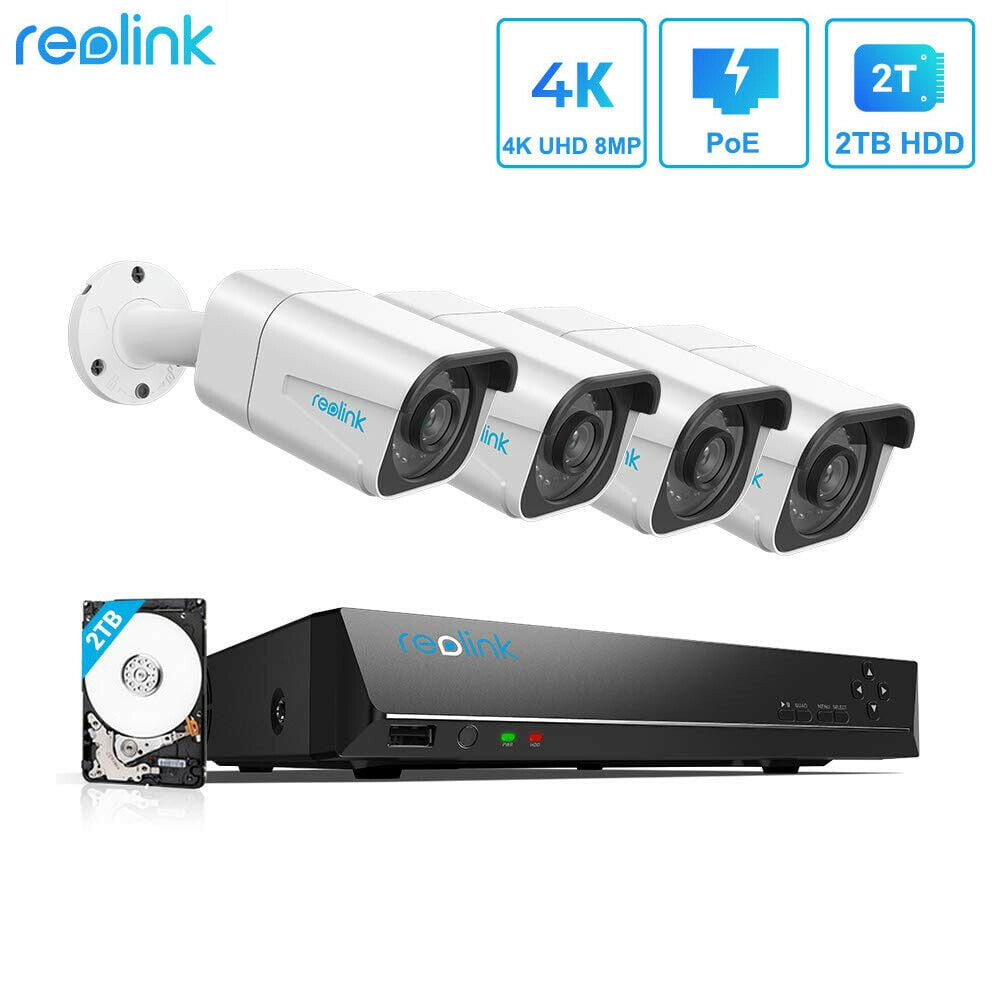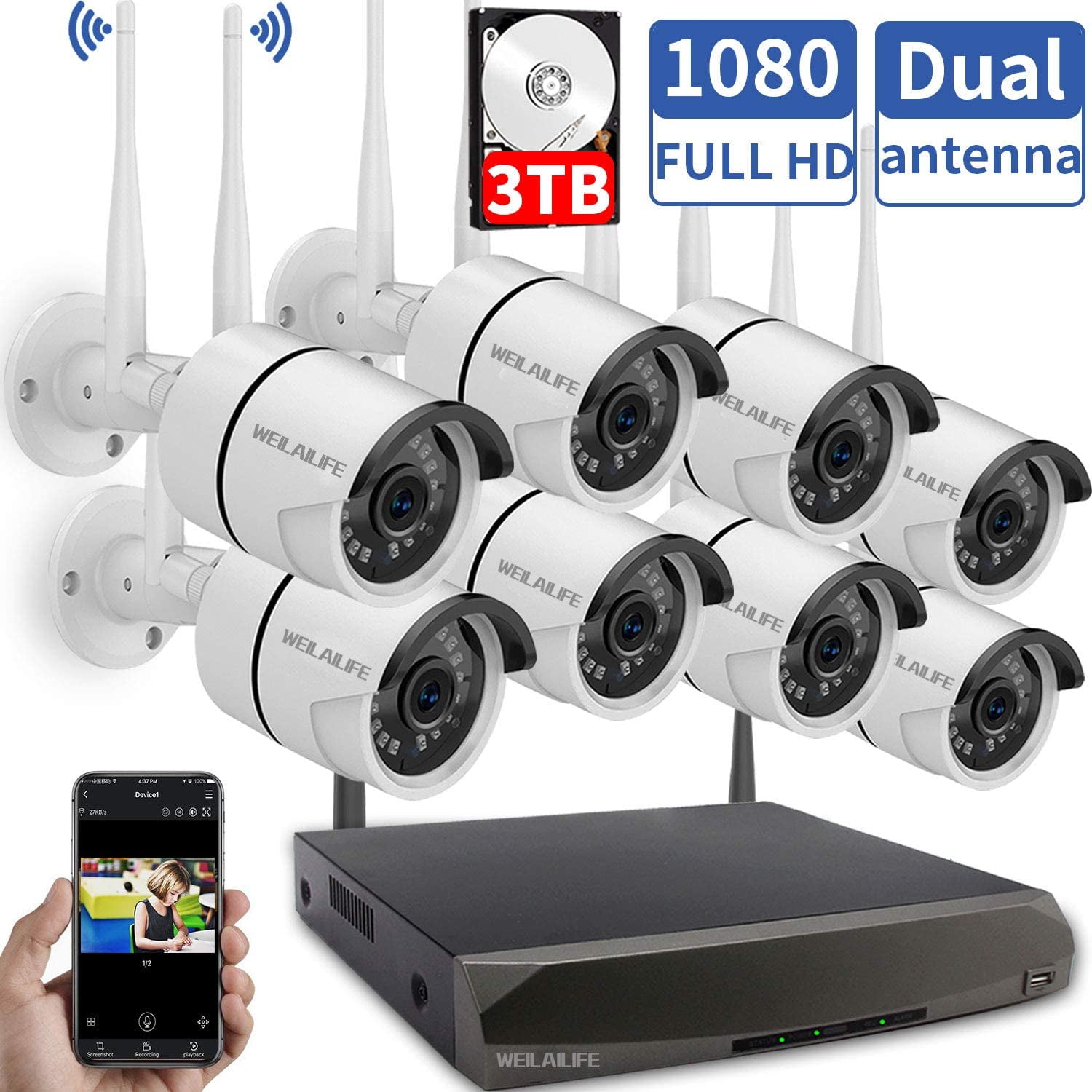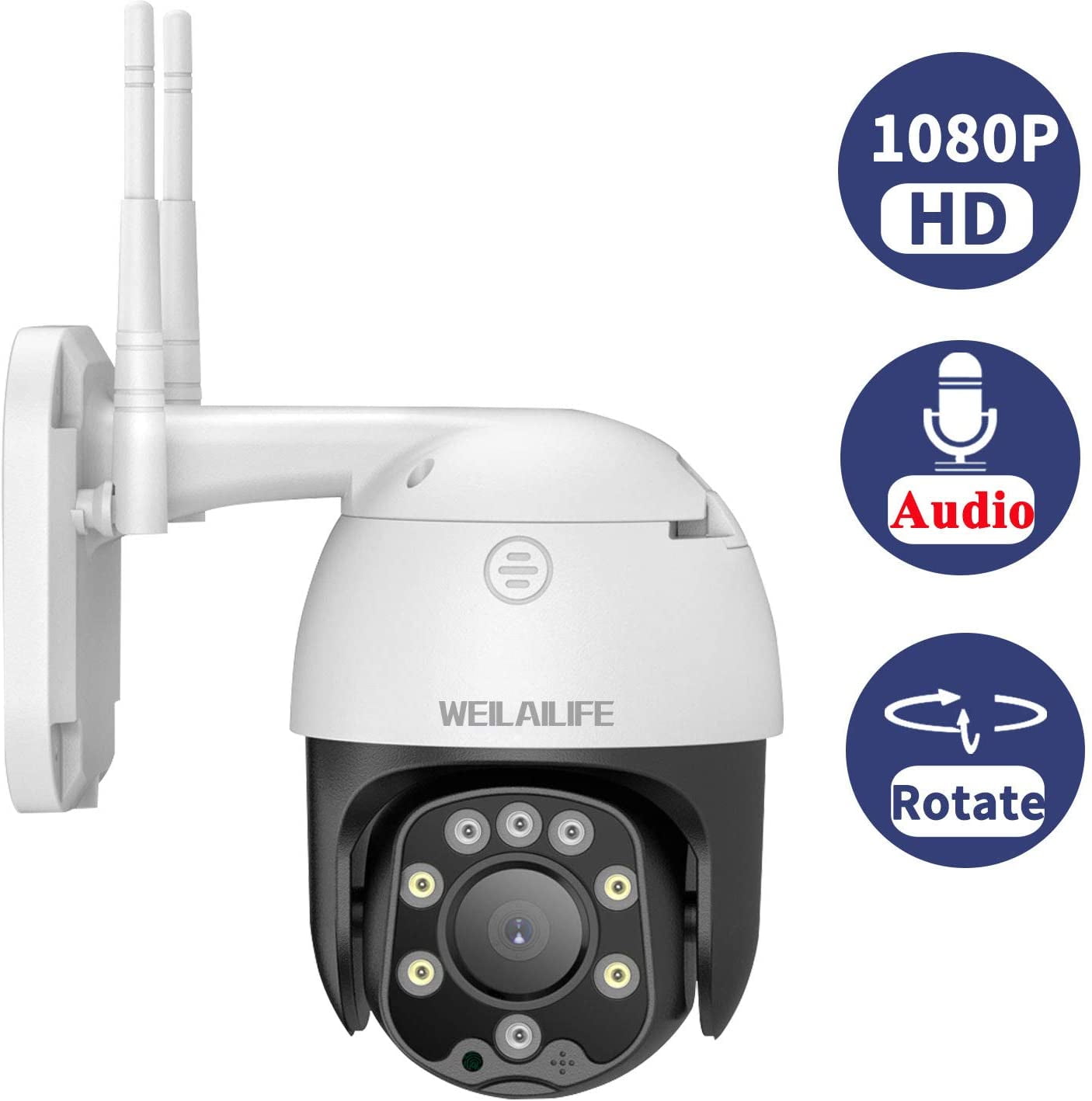Table of Content
Whenever you’re choosing the best home security cameras for video recording, you have to decide between installing wireless or wired cameras. This guide explains how both types of cameras work and offers tips to help you choose the right option for your home. Cameras with internal batteries that don’t have an ethernet connection and solely rely on Wi-Fi are known as wire-free.

With wire-free battery operated security cameras, you can remove them at any time without leaving any damage to your property. Wireless security camera systems work well as long as the signal from the cameras to the central hub is clear and uninterrupted. Since few homeowners care to have exposed wiring tacked to baseboards and walls, all wires must be fished through walls, ceilings or crawl spaces. Because these cameras don't have to be connected to the internet, they aren't prone to hacking and other potential breaches. The last thing you want with your home security system is for it to open up new avenues for privacy invasion. Yes, some security cameras work with 5 GHz Wi-Fi, provided they operate on a similar frequency band or have dual-band capabilities.
Part 3. Wired or Wireless CCTV Security Cameras: Which One to Choose
Wired cameras are interfaced with a digital video recorder security system. Video and audio from the camera is transmitted at high speeds through wires, saving data to DVR so it can be viewed later. Cameras can be used for many things, such as surveillance or taking photos. Some cameras are wired while others are wireless, based on usability and benefits. Foscam is one of the many options to consider when looking for a standalone wireless security...
Because wired cameras rely on hardwired connections to operate, a cut to your power also means a cut to your security camera feed. Some wireless cameras are battery-powered, so the battery on each individual camera unit must remain fresh. Even wireless cameras that plug into wall outlets can present an issue because each camera must be situated near an outlet. Because wireless home security cameras aren't reliant on a central power source, they also are more likely to survive a power outage that might knock wired cameras offline.
Wired vs Wireless Security Systems | A Comprehensive Guide
One of the ways it efficiently fulfills this is by storing the recordings, which you can then use in case of an event. Getting these powered and connected via Wi-Fi may be a pain, but you'll be able to place them almost anywhere you want. Financing eligibility and terms subject to credit approval by one of Vivint’s third-party financing partners. Qualified customers may finance equipment purchase at 0% APR for up to 60 months. Month-to-month service agreement available when equipment is purchased upfront. An intruder can deactivate a wired system by snipping the phone line.
Hackers can access footage, delete footage, or disable devices and alarms. As a precaution, ensure your data or Wi-Fi provider is well-regarded in terms of cyber-security, as well as the device itself. They’re usually battery-powered, so you don’t have to connect them to your home’s electrical wiring system. Installing wired security cameras is much more involved than installing wireless ones. You’ll need to connect wired cameras to your home’s electrical wiring. As with the wired cameras before them, wireless security cameras can also be a good option for indoor setups.
Audio and Video Quality
If you prefer a more stable data transmission, you can buy wired PoE IP security cameras. This type of security camera only needs a Cat 5/6 cable to realize both power and data transmission, so it's also very easy to install and set up. Once they have an internet connection, they can communicate with a cloud server, which is typically where they will send video footage.
Some hardwired cameras operate with internet connectivity, which allows for access via a networked video recorder system. In this case, PoE cables are typically used, and the footage may be accessed remotely. The installation processes of a wired system and wireless system are quite different.
The confusion between wired vs wireless security cameras, though, has made many to make wrong buying decisions. Henceforth, compromising the effectiveness and the success of the sought results. It’s also important to note that wired security cameras only last as long as your power source. That is to say, in the event of a power outage, or even a house guest freeing up some outlet space to charge their phone, your wired camera will be out of commission.

Wired security cameras don’t rely on Wi-Fi, so their connection and video feed are far more stable than wireless setups. Also, even if your router doesn’t go out completely, changes in speeds or bandwidth can affect the video quality. Having low resolution is almost as bad as not having a feed at all. Evidently, the cons of wired security cameras are deeply tied to their pros. Something like the Wyze Cam V3 is going to be limited in terms of where it can be placed, simply because it needs to be within a certain proximity of a wall outlet in order to function.
It’s much easier to DIY home security cameras that are wireless because wired cameras need to be connected to your home’s electrical system. Both wired and wireless security cameras are great systems to invest in. Each system is just unique in its way and suitable for specific situations.

A wired camera system is much harder to setup compared to a wireless one and will require someone who has experience with setting them up. Battery or solar-powered wireless security cameras are powered by batteries or solar panels, which makes them zero wire. This type of security camera is the most portable and easy-to-install home smart security cameras. If you live in an area that sometimes has rolling blackouts, wired security camera systems might not be a good choice for you.
Sometimes, it can be hard to conceal all the wires that connect the sensors and cameras in a wired system. Wired systems rely on your home’s electrical system for power rather than batteries. All other home security companies sell cameras that plug into an AC wall outlet or run on battery power. Vivint cameras are hardwired into your home's electrical circuits, as are most video doorbell cameras. Some cameras also feature cellular backup to stay connected to the internet during a power outage.

They can connect to huge storage devices and don’t necessarily need the internet, which makes them impenetrable to hackers. Battery-powered wireless security cameras enable you to get motion videos when there are motion events. You can play back the recorded videos to see who and what triggered the alarms. If there is a thief, you can keep the videotapes as evidence to catch the bad guy.
You can expect to spend anywhere between $50 and $1500 depending on the bundles you require. Most cameras won’t save the video footage directly onto the device itself. Depending on the brand and model of security camera, the information collected will be stored for different lengths of time in different locations. Some models have an SD card and others involve a subscription fee for cloud storage.

But if you are more concerned about reliable and seamless monitoring, then, the wired cameras are a better choice. While the two works on the same goal of making it possible to monitor your property, their operating mechanics are quite different. An installer will usually have to drill into your walls to connect the security system to your electrical wiring.

No comments:
Post a Comment